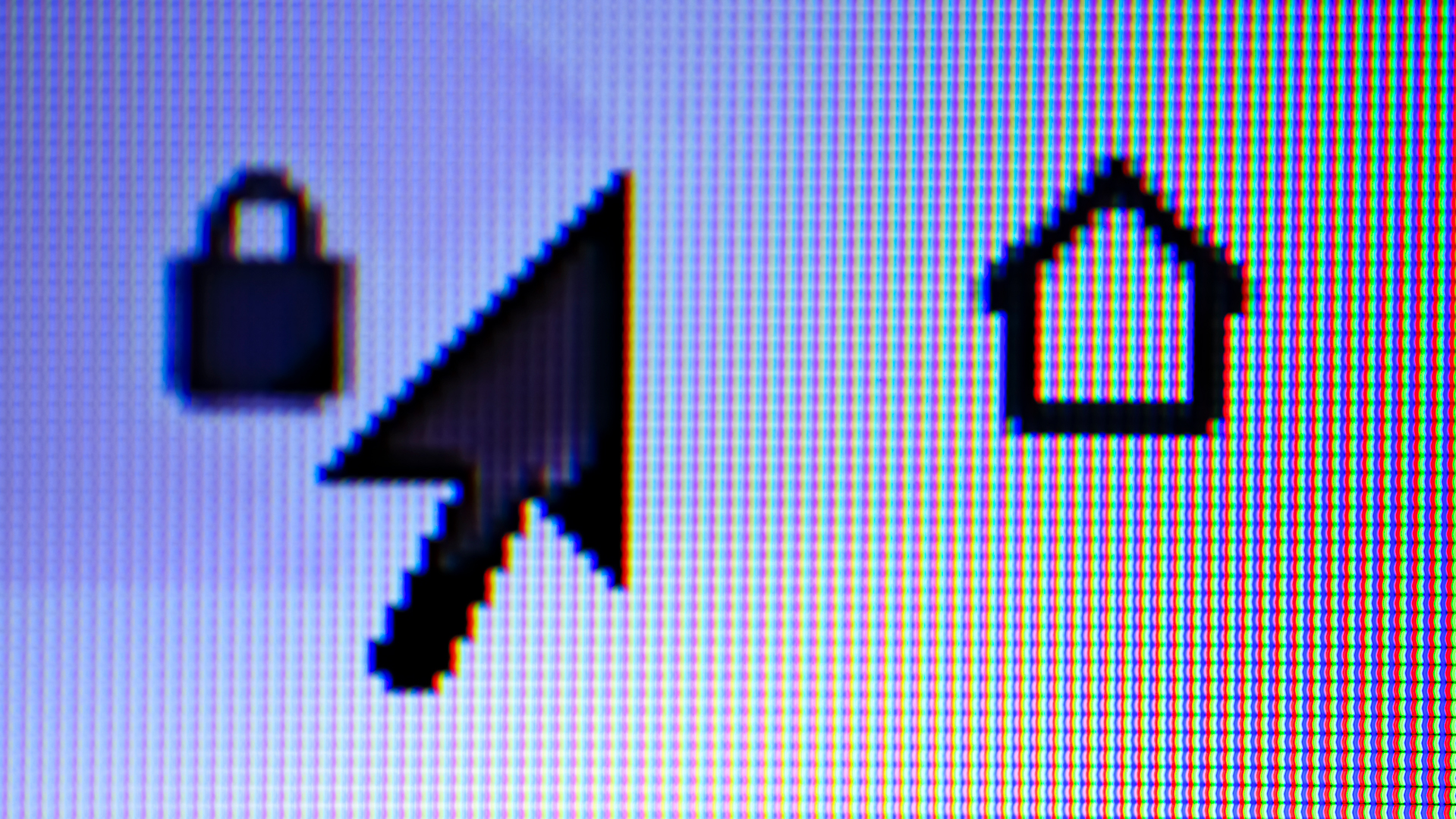The world wide web source code is being auctioned off as an NFT
It is free and open to use, anyways, but now someone can get a signed version.

If you though the NFT craze was over and done with, think again. The creator of the world wide web, Sir Tim Berners Lee, is auctioning the source code of his original invention as a non-fungible token—yes, the code that acts as the basis for the modern web as we know it is itself now an NFT.
NFTs are a way of ensuring unique ownership for a digital item, which sounds like a handy tool for artists and the like in an age of digital content theft, but are also based on the underlying blockchain technology powering cryptocurrencies, meaning most are an environmental nightmare. There's also been many cases of NFTs being setup for stolen art, which sort of defeats the purpose of the token to begin with.
Strangely, then, Sir Tim Berners Lee is auctioning off a collection of four items under one NFT: the 1990-91 source code, an animated visualisation of the code, a letter from Lee regarding the code, and a "digital poster" of the code he created, the BBC reports.


Best gaming PC: the top pre-built machines from the pros
Best gaming laptop: perfect notebooks for mobile gaming
The auction will take place at Sotherby's auction house, who claims an NFT is "the ideal way to package this representation of the source code for the web, representing a perfect fit between medium and content."
You can read a little section of the letter for free on the Sotherby's site:
"It has been fun to go back and look over the code," Sir Tim says. "It is amazing to see the things that those relatively few lines of code, with a help of an amazing growing gang of collaborators across the planet, stayed enough on track to become what the web is now. I have never once felt I could relax and sit back—as the web was and is constantly changing. It is not yet the best it can be: there is always work to be done!"
Sotherby's will accept bids in cryptocurrency, no surprises there. The auction house also claims the "the carbon footprint of this NFT is negligible" as it will offset the transaction costs, although this ignores the significant impact of the wider Ethereum blockchain technology that most NFTs are created within. This currently relies on environmentally disastrous mining to operate.
Keep up to date with the most important stories and the best deals, as picked by the PC Gamer team.
The impact of the Ethereum network will hopefully be significantly reduced with the shift to proof-of-stake, a non-energy intensive basis for blockchain technology, but currently the sum of mining on the network is as much as some countries.
According to Sotherby's, Sir Tim appears a fan of the concept. He's quoted as saying "it feels right to digitally sign my autograph on a completely digital artefact," and that an NFT seems the "natural thing to do when you're a computer scientist."
Owning the world wide web source code digitally signed by Sir Tim doesn't get you any special VIP access to the back room of the internet, though. It's not copyrighted or patented technology, and importantly never was. The code is merely a slice of important modern history, and whoever buys the NFT will likely hope to feel like they now own that history.
They won't, but they'll probably spend a lot of money to think that they do.

Jacob earned his first byline writing for his own tech blog. From there, he graduated to professionally breaking things as hardware writer at PCGamesN, and would go on to run the team as hardware editor. He joined PC Gamer's top staff as senior hardware editor before becoming managing editor of the hardware team, and you'll now find him reporting on the latest developments in the technology and gaming industries and testing the newest PC components.

